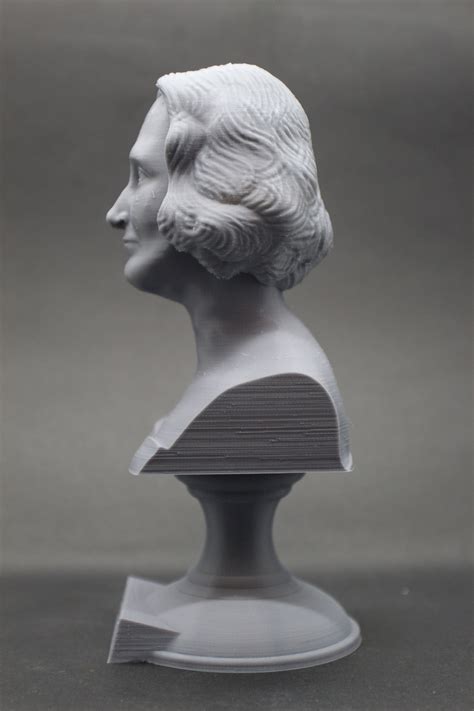A Quote by Mary Collyer
Virtue is the music of the soul, the harmony of the passions.
Related Quotes
He who through virtue and spiritual knowledge has brought his body into harmony with his soul has become a harp, a flute and a temple of God. He has become a harp by preserving the harmony of the virtues; a flute by receiving the inspiration of the Spirit through divine contemplation; and a temple by becoming a dwelling place of the Logos through the purity of his intellect.
We must not only put bodily passions to death but also destroy the soul's impassioned thoughts. Hence the Psalmist says, 'Early in the morning I destroyed all the wicked of the earth, that I might cut off all evil-doers from the city of the Lord' (Ps. 101:8) - that is, the passions of the body and the soul's godless thoughts.
These principles have given me a way of explaining naturally the union or rather the mutual agreement [conformité] of the soul and the organic body. The soul follows its own laws, and the body likewise follows its own laws; and they agree with each other in virtue of the pre-established harmony between all substances, since they are all representations of one and the same universe.




































